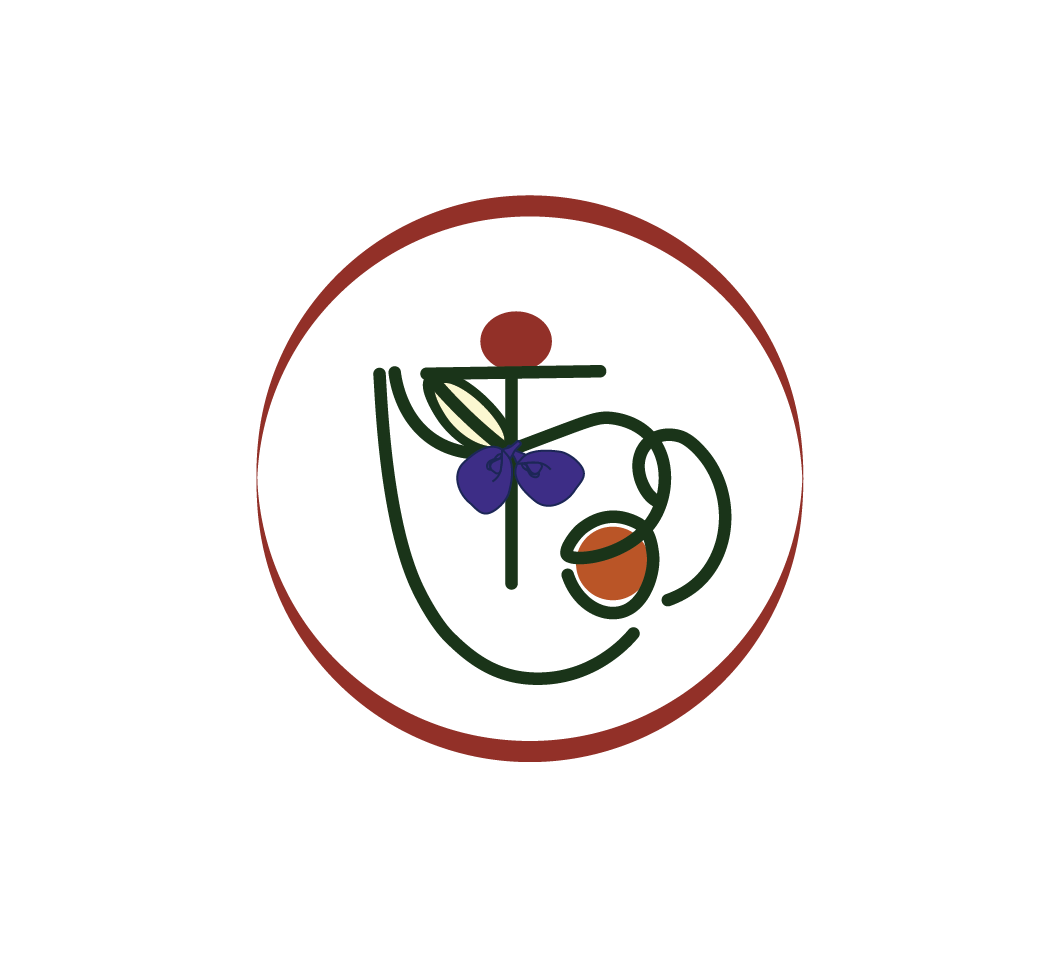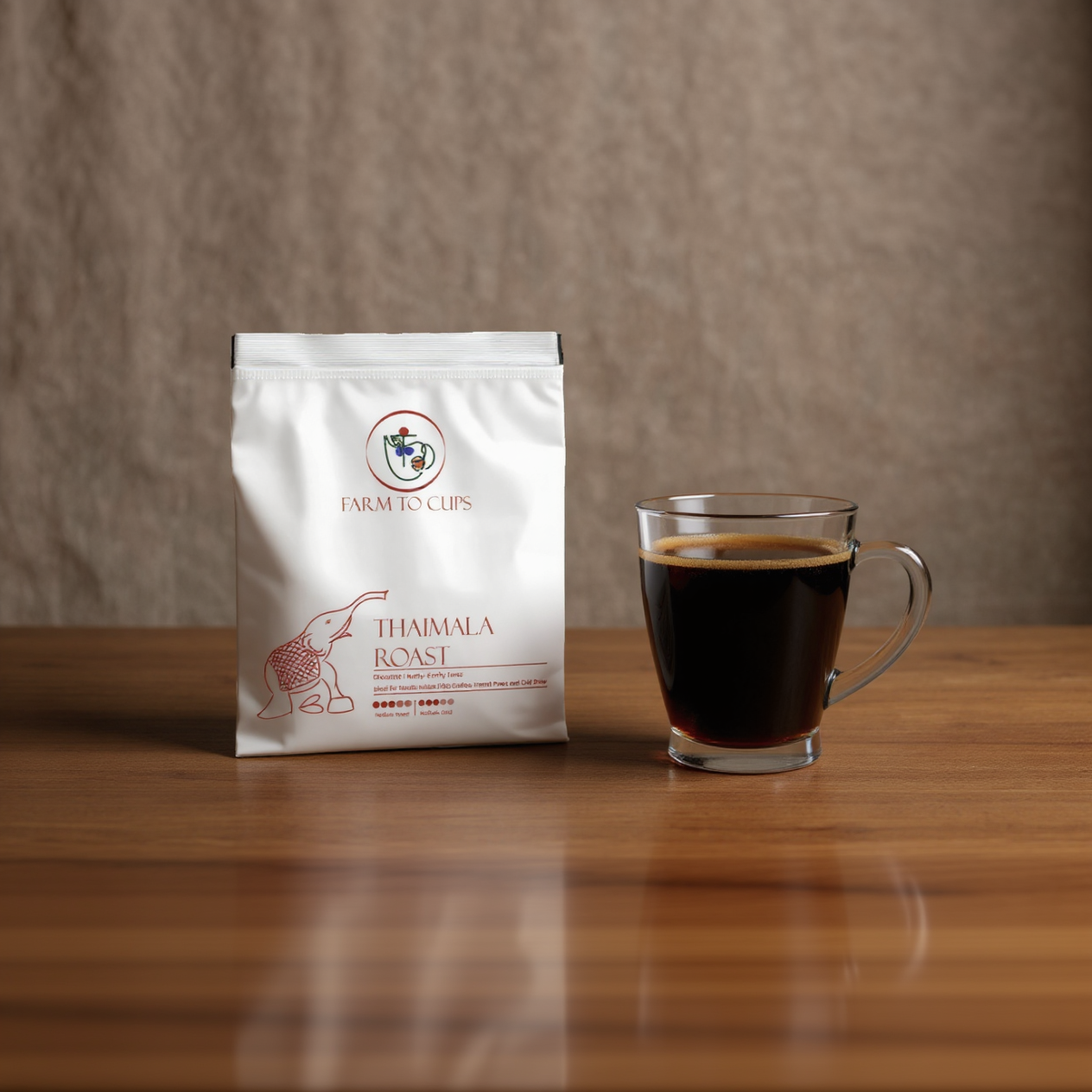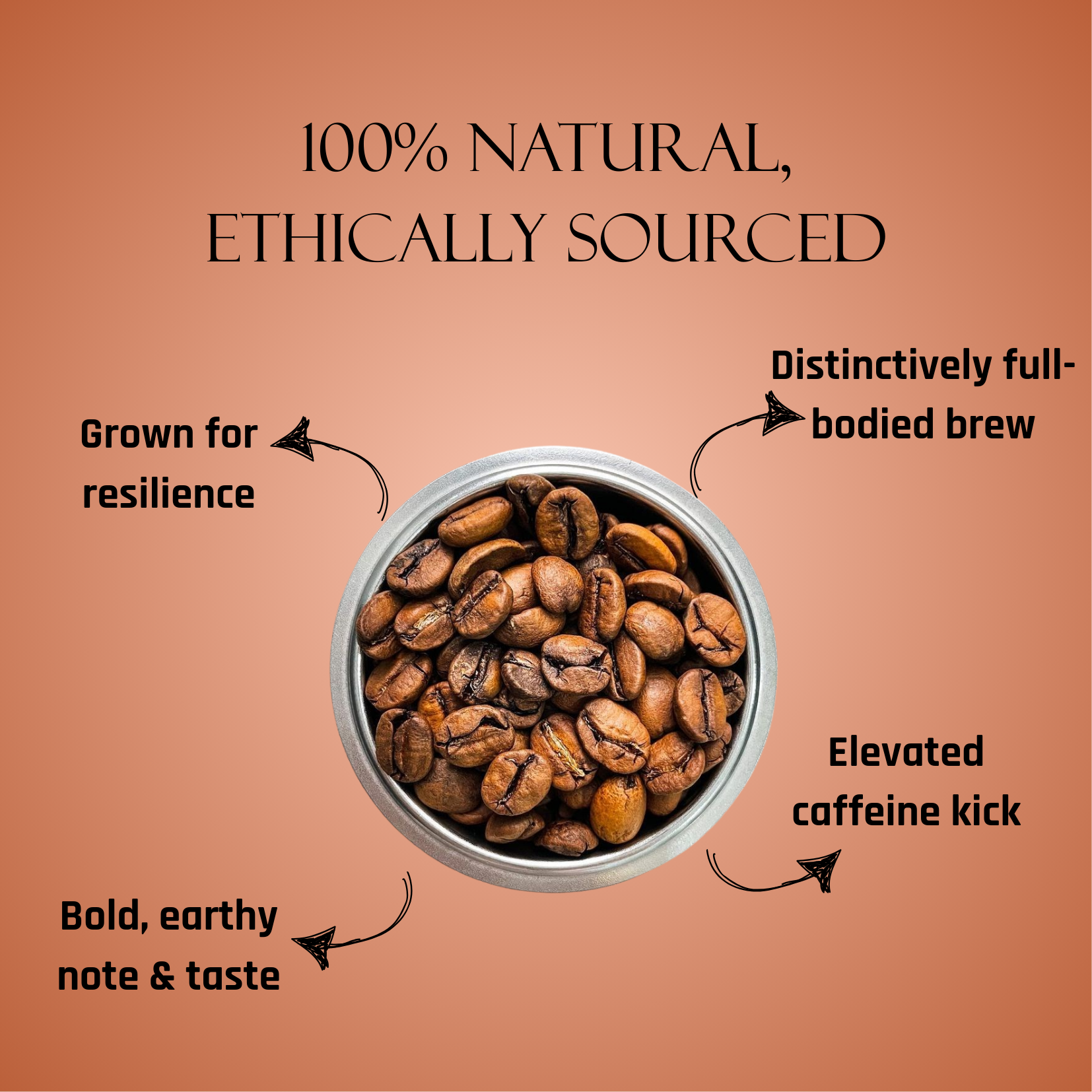
The Journey of Coffee: From Ancient Ethiopia to Global Obsession

Few beverages have a history as rich and widespread as coffee. From its legendary discovery in the Ethiopian highlands to its dominance as a global commodity, coffee has shaped cultures, economies, and daily routines across centuries. Let's take a journey through time and explore how coffee evolved into the beloved drink it is today.
Early Origins: The Ethiopian Legend
The story of coffee begins in 9th-century Ethiopia with a goat herder named Kaldi. According to legend, Kaldi noticed his goats behaving unusually energetically after consuming red berries from a certain plant. Curious, he tried the berries himself and experienced a similar burst of energy. Kaldi shared his discovery with local monks, who used the berries to make a drink that helped them stay awake during long prayers. This marked the earliest recorded use of coffee.
By the 15th century, coffee had traveled across the Red Sea to Yemen, where it was cultivated and widely consumed in Sufi monasteries to aid concentration during spiritual practices. From there, coffee spread to Mecca, Cairo, and the wider Islamic world, becoming a vital part of religious and social life.
The Rise of Coffee Houses in the Middle East and Europe
By the 16th century, coffee had become a sensation in the Ottoman Empire. Coffee houses, known as qahveh khaneh, flourished in cities like Istanbul, Cairo, and Damascus, serving as hubs for intellectual discussions, storytelling, music, and chess. These coffee houses earned the nickname “Schools of the Wise” because of their role in fostering debate and knowledge exchange.
In the 17th century, coffee made its way to Europe through Venetian traders. Initially met with suspicion (some even called it the "bitter invention of Satan"), coffee soon gained popularity. The first European coffeehouse opened in Venice in 1645, followed by London in 1652 and Paris in 1672. By the late 1600s, coffeehouses had become a staple across England, France, and the Netherlands, often serving as meeting places for merchants, artists, and scholars.
Coffee in the Americas and the Birth of Global Trade
The 18th century saw coffee spread beyond Europe to the Americas, largely through European colonial expansion. French naval officer Gabriel de Clieu smuggled a coffee plant to Martinique in 1723, and from there, coffee cultivation spread across the Caribbean, Central America, and South America.
By the 19th century, coffee had become a major cash crop. Brazil, in particular, emerged as a coffee powerhouse, becoming the world's largest coffee producer—a title it still holds today. Countries like Colombia, Vietnam, and Ethiopia also became key players in the coffee trade.
The Modern Coffee Revolution
The Birth of Instant Coffee and Espresso Machines (20th Century)
The early 1900s saw innovations like instant coffee, first developed by Japanese scientist Satori Kato and later commercialized by Nestlé (Nescafé) in 1938. This invention made coffee even more accessible, particularly during wartime.
Meanwhile, Italy gave the world espresso, with the first commercial espresso machine introduced in 1901 by Luigi Bezzera. By the mid-century, espresso culture had taken off, leading to the rise of cappuccinos, lattes, and other specialty coffee drinks.
The Specialty Coffee Movement (1960s–Present)
The 1960s and 1970s marked the beginning of the specialty coffee movement, which emphasized high-quality beans, sustainable sourcing, and artisanal brewing methods. The rise of third-wave coffee culture—led by independent coffee roasters and companies like Starbucks—revolutionized the way people consumed and appreciated coffee.
Today, coffee culture continues to evolve with cold brews, nitro coffee, and alternative brewing methods like pour-over and AeroPress gaining popularity. Sustainability has also become a major focus, with more emphasis on fair trade practices, ethical sourcing, and environmental impact.
Conclusion: More Than Just a Drink
Coffee is more than just a beverage—it’s a global tradition, an economic powerhouse, and a cultural connector. From its mythical origins in Ethiopia to its presence in every corner of the world today, coffee continues to shape human interaction, creativity, and industry.
So, the next time you sip your cup of coffee, remember—you’re enjoying a drink with a thousand-year legacy.
What’s Your Favorite Coffee Tradition?
Do you prefer the ritual of Turkish coffee, Italian espresso, or modern specialty brews? Share your thoughts in the comments!









